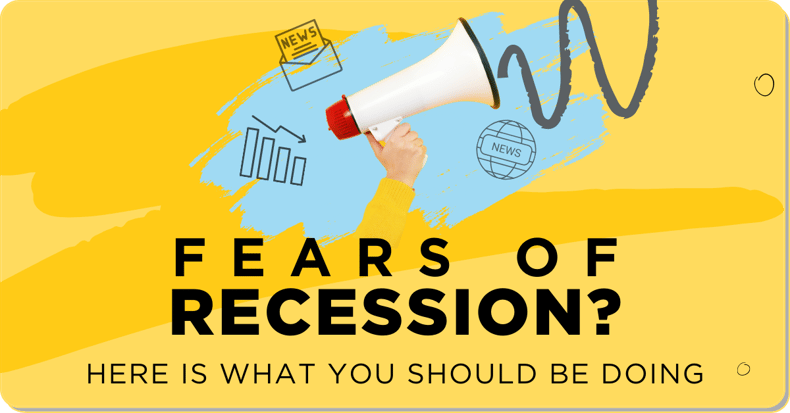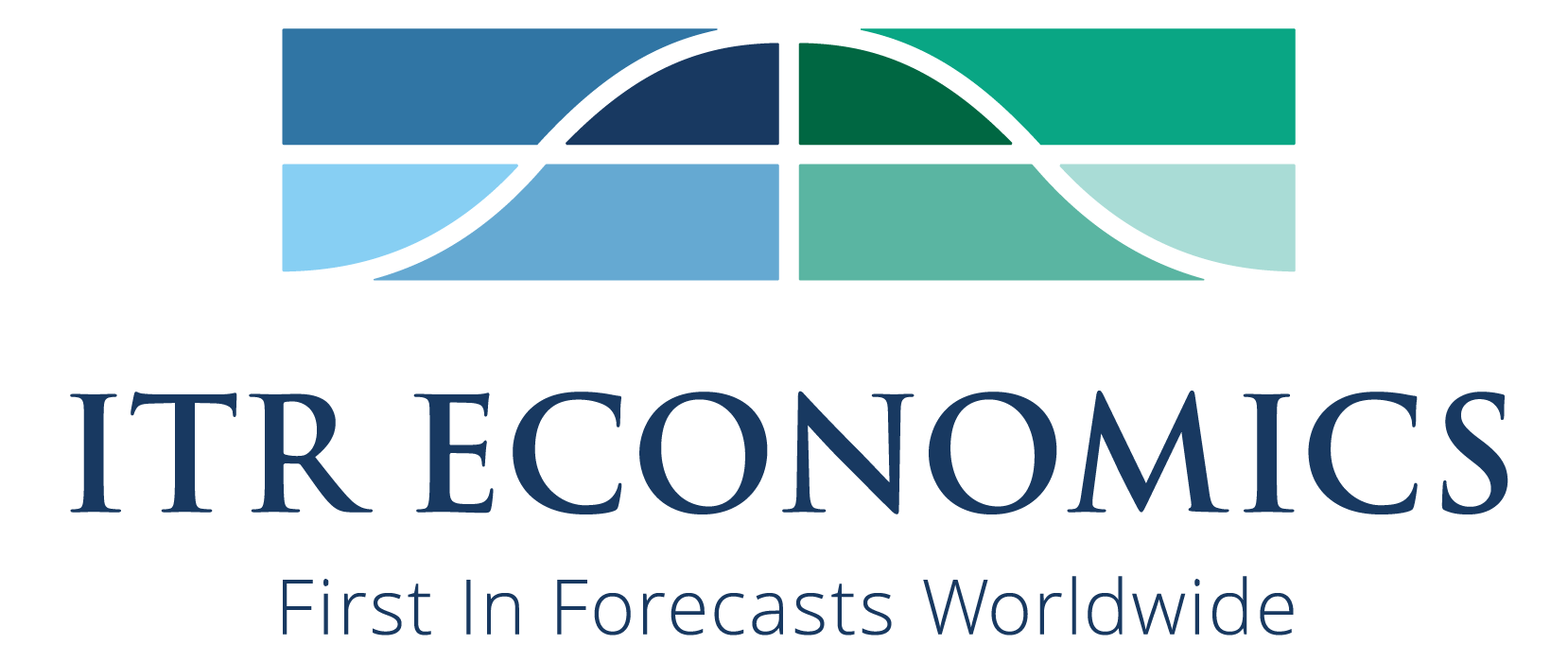
We have been hearing a lot from our community about whether they should be buying, selling, hiring, firing, etc. Nobody is quite sure what they should be doing. First and foremost, just take a moment to breathe.
Fears of a recession are broadcast all over the media, with factors like higher interest rates, inflation, and the decline of the stock market weighing heavily on everyone's minds. We teamed up with ITR Economics to get the firm's take on the economy and help people and businesses plan ahead for the future.
<< Learn more about our workshops focusing on implementation and strategic business planning. >>
Stock Market Woes
Interest rates are continuing to rise as a response to the inflation we're experiencing. The S&P 500 also declined 13.3% from year-end 2021 through May of this year, further adding to anxiety levels. Despite all of this, ITR Economics has forecasted a "soft landing" for the economy and is sticking to that forecast.
What is a Soft Landing?
ITR Economics defines a soft landing as when an industry, market, or company goes through the bottom of the business cycle with its rate-of-change staying positive. In this case, the GDP rate-of-change is expected to remain positive by a razor-thin margin. Some specific industries will in fact see actual decline, with their rates-of-change descending into negative territory.
Using ITR's terminology, the rate-of-change for some businesses and the economy at large is in Phase C, Slowing Growth, and will transition back into Phase B, Accelerating Growth, rather than going into a recession phase.
Those familiar with ITR's Trends Report™ will also recognize the phases of the business cycle.
3 Reasons Why ITR Economics Is Not Forecasting a Recession
 Businesses are still going strong albeit at a milder rate of rise. There is a lot of backlog to be caught up on, which means a lot of revenue has yet to be realized. In addition, rising costs haven't stopped consumers from spending money.
Businesses are still going strong albeit at a milder rate of rise. There is a lot of backlog to be caught up on, which means a lot of revenue has yet to be realized. In addition, rising costs haven't stopped consumers from spending money.
When people are buying at a healthy pace and businesses are not in financial trouble, ITR Economics sees no reason to call for a recession.
 History has shown that when the S&P 500 has a significant drop, a recession doesn't necessarily follow.
History has shown that when the S&P 500 has a significant drop, a recession doesn't necessarily follow.
The stock market can go through ups and downs and not correlate with the economy.
 The consumer is financially healthy, with a low debt service-to-income ratio and rising personal income (excluding transfer payments such as stimulus and tax credits).
The consumer is financially healthy, with a low debt service-to-income ratio and rising personal income (excluding transfer payments such as stimulus and tax credits).
Emotional Toll of Recession Fears
.png?width=417&name=Community%20Membership%20(2).png)
"Recession" is a scary word for many, as thoughts of 2008 re-enter people's minds. Fear is one of the most powerful emotions, but you can't let emotions affect your decision-making.
ITR Economics produces its forecasts with an unemotional and unbiased perspective, helping the firm achieve its 94.7% accuracy rate at one year out. ITR focuses on what the data says, not a gut feeling.
Services like ITR's Insider™ membership empower business leaders with the most accurate economic insights, helping many mitigate risks and make profitable business decisions.
 What Should My Business Be Doing Right Now?
What Should My Business Be Doing Right Now?
ITR believes the higher rates shouldn't discourage borrowing, if you believe paying that interest is worth it. It doesn't seem that the time to hold cash is here quite yet; ITR continues to believe now is a good time to continue to invest in your business, since labor shortages are not going away, supply chains will improve, and the war's impact on the US economy will start to normalize.
There are many factors currently in play that will impact where the economy is headed, but with ITR Economics' various consulting programs, your company can receive reliable foresight to help with your business planning.
In a recent blog titled Delaying Due to Pessimism Will Cost You, ITR Economics President and Speaker Alan Beaulieu notes that businesses may struggle most if those in charge are hesitant. He also says leaders who wait will be playing catch-up for years to come.
"A decisionmaker who is uncertain or pessimistic will tend to 'keep their powder dry' as they wait for a better day," Beaulieu said. "The decisionmaker who looks at the correct indicators will act before the one who is holding back."
ITR Economics is holding to its forecast for a soft landing but will continue to monitor the economy closely. Don't allow media headlines to control your emotions. Rather, keep an eye on what the data tells you and be ready to act for each phase of the business cycle.
Looking to stay ahead of your business? Attend our event on strategic planning. Walk away with tools, insights, and an actionable plan to make next year a success..png?width=790&name=HIP%20Workshop%20CTA%20(1).png)
.png)







.png)




-5.png)
.png)
